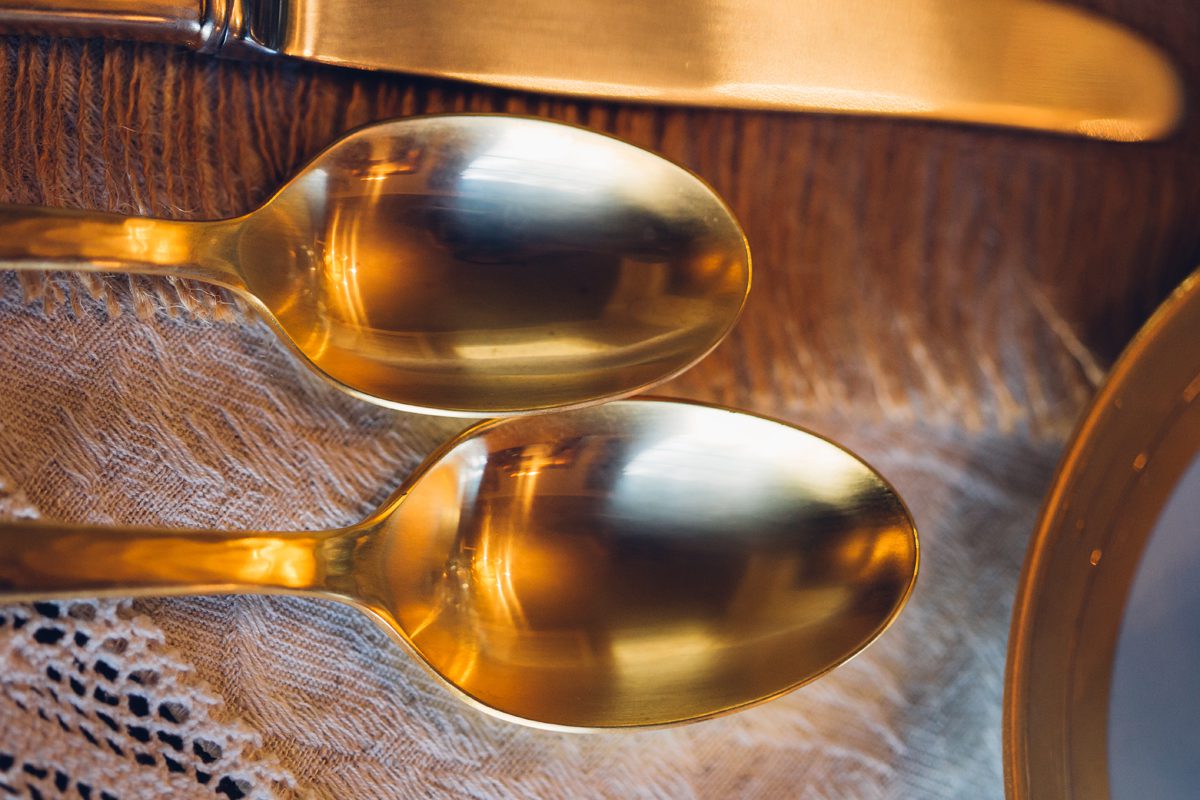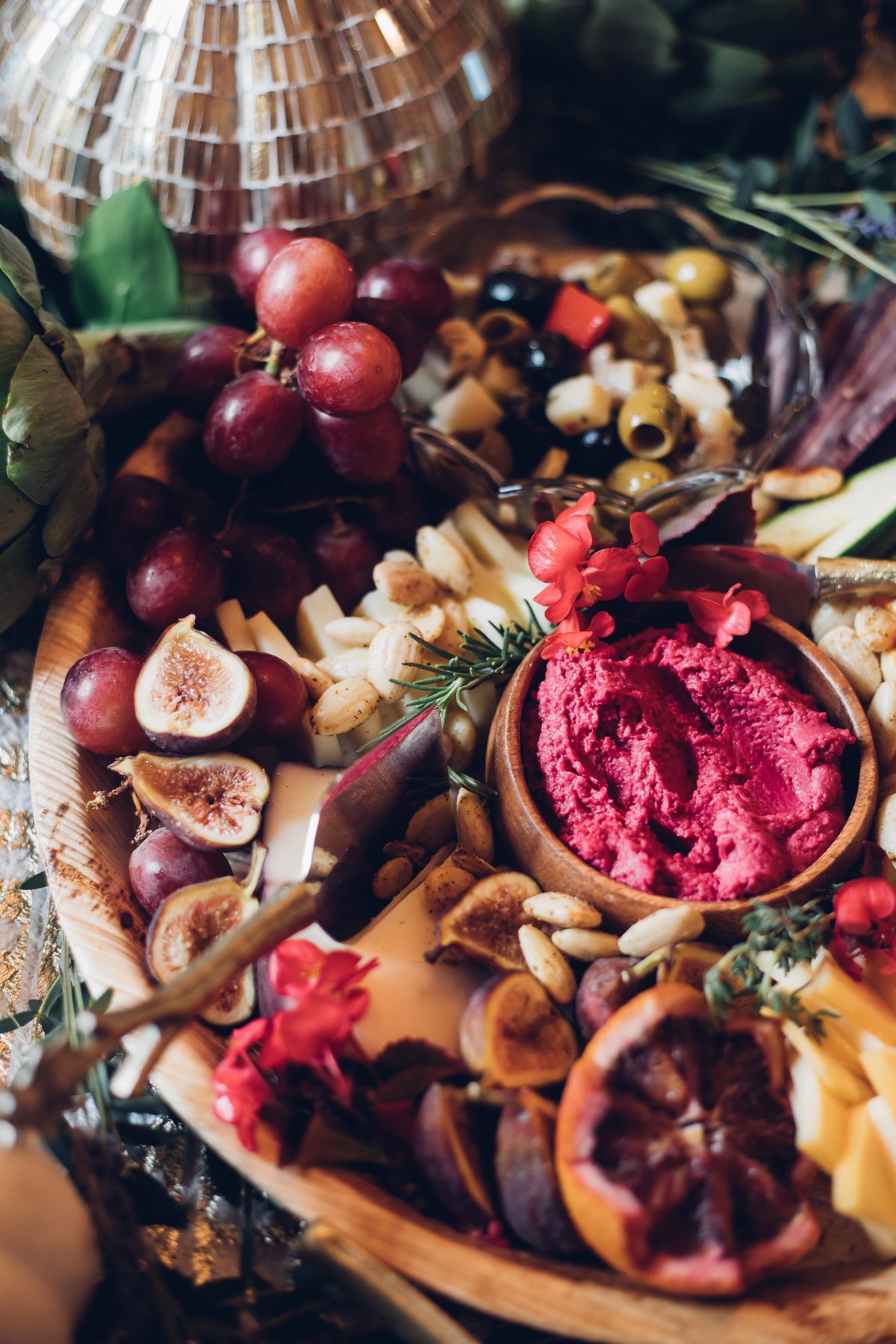Fall is a favorite season for many people. From October to January, there is an abundance of holidays full of excitement and celebration. For some, however, the winter season brings melancholy. The days become shorter and the temperatures colder, creating a setup for the winter blues.
The winter blues are feelings of sadness and a lack of energy that occur during the winter season. It is very common and can lead to trouble sleeping, feeling less social, and a lack of motivation. It is thought that the winter blues are caused by a decrease in sunlight exposure. The lack of sunlight can affect the level of chemicals in the brain that control mood and disrupt circadian rhythms, the body’s internal clock that controls the sleep-wake cycle.
Although on the same spectrum, the winter blues differ from a more severe form of depression called seasonal affective disorder (SAD). SAD is a form of depression that begins and ends during a specific season every year and completely remits in between. It typically occurs during the fall and winter months, interferes with daily functioning, and can be debilitating. The primary symptoms of SAD are feelings of sadness and low energy, but those affected may also have difficulty concentrating, withdraw from social situations, and feel hopeless. SAD is more common in young women and those that live farther from the equator. It is estimated that people are ten times more likely to have SAD in Alaska than in the southern United States. If you think you or a loved one may have SAD, seek medical attention.
There are things that we can do to combat the winter blues:
Get more light. Open the curtains and roll up the blinds. Turn on lights and lamps in your home during the day. Get outside during daylight hours.
Stay in a regular routine. Keep up with your regular activities. Go to bed and wake at the same time every day. Purchase a dawn simulator, a device that will cause the lights in your bedroom to gradually brighten over a period of time, making it easier to wake at your regular time if the sun has yet to rise.
Keep active. Exercise is a natural antidepressant, particularly if you do it outside. If indoor activity is all that is available to you, do it because there are still great benefits. Consider layering up, however, and heading outside for a walk, run, or game with friends.
Eat well. Remember that you are what you eat. If you feed your body nutritious foods, it will be better balanced and able to handle stressors that come along. If you eat a diet high in sugar and refined carbohydrates, the blood sugar roller coaster will contribute to sleep disturbances and feelings of depression. Give your body the fuel it needs to feel good.
Socialize. Being around friends and family can boost your mood. Meet up with your friends, schedule a dinner out, or go to the movies together. Spend time with positive people that make you feel good about yourself. Surround yourself with those who nurture happiness because happiness is contagious.
Set goals. Have a plan not only for your day but also for the next few months. Plan a summer vacation. Give yourself something to look forward to.
Boost Vitamin D. Because of decreased sunlight exposure during the winter months, vitamin D levels may drop. Low vitamin D can masquerade as depression and fatigue. Boost your vitamin D by getting outdoors and taking vitamin D supplements if necessary. Ask your doctor to check a vitamin D level to see if you would benefit from supplemental support.
Dr. Nicole M. Cotter is a medical doctor dual-boarded in and practicing Rheumatology and Integrative Medicine. She is the owner of Nicole Cotter MD, an integrative consultative practice where she partners with patients to create personalized health plans that integrate complementary medicine with conventional care for the whole person.








